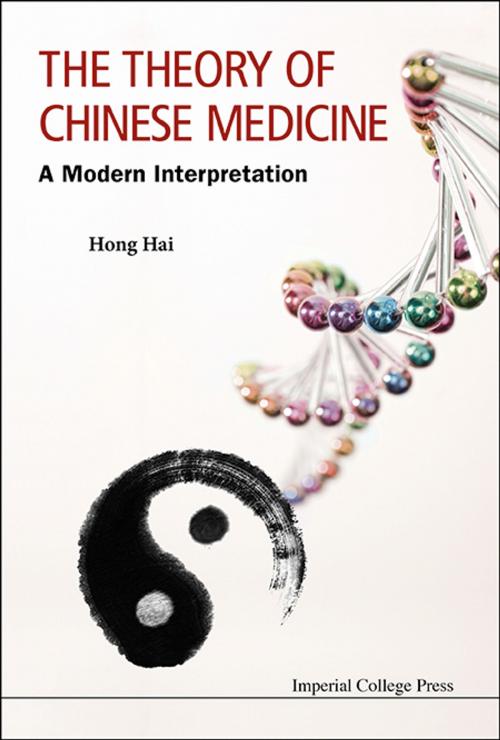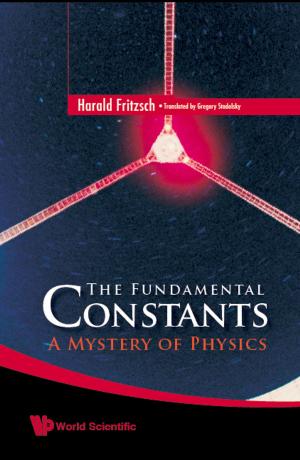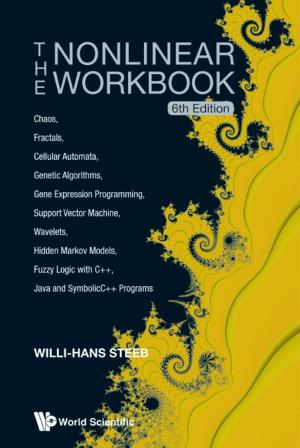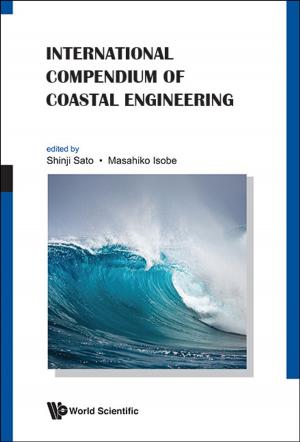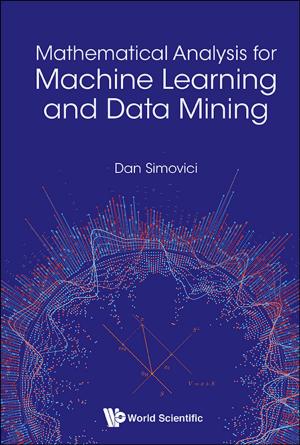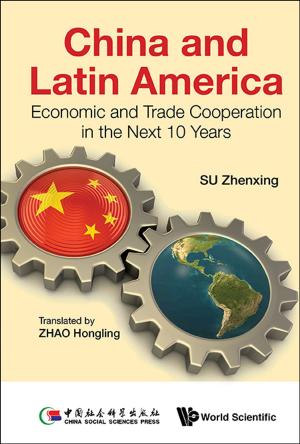The Theory of Chinese Medicine
A Modern Interpretation
Nonfiction, Health & Well Being, Medical, Alternative & Holistic Medicine, Alternative Medicine, Religion & Spirituality, New Age| Author: | Hong Hai | ISBN: | 9781783264292 |
| Publisher: | World Scientific Publishing Company | Publication: | April 3, 2014 |
| Imprint: | ICP | Language: | English |
| Author: | Hong Hai |
| ISBN: | 9781783264292 |
| Publisher: | World Scientific Publishing Company |
| Publication: | April 3, 2014 |
| Imprint: | ICP |
| Language: | English |
This path-breaking book reinterprets Chinese medicine using the approach of the philosophy of science in a manner that strikes common ground with biomedical science. It strips Chinese medical theory of the mystique and metaphysical pretentions that too often plague the discipline, presenting this theory as being derived from empirical observations and clinical findings. Concepts like qi and phlegm and vital organs like the shen (kidney) are interpreted, not as physical entities with defined measurable properties, but as constructs to facilitate the application of models for diagnosis and therapy. The author evaluates the five-element model and the diagnostic-therapeutic paradigm of Chinese medical syndromes, and suggests how these heuristic models can be subjected to clinical trials. Principles governing the use of herbal, acupuncture, tuina and qigong therapies are elucidated and critically examined. Written for medical professionals, philosophers of medicine and discerning readers interested in alternative therapies, the book also has practical chapters on the placebo effect and Chinese medical treatment of chronic illnesses, and a useful compilation of common Chinese herbs and formulations.
Contents:
- Chinese Medical Theory and Its Rational Reconstruction
- Chinese and Western Medical Thought: History and Issues
- Translating Chinese Medical Terms
- TCM Theory: Basic Entities
- Organ and Meridian Systems
- TCM Models in Explanation and Prediction
- Evidence for TCM Theory
- Placebo Effects and Cultural Factors
- Conclusion: TCM Theory Reinterpreted
- TCM Treatment of Chronic Illness
- Chinese Medicinal Herbs
Readership: Medical professionals, both Western medical doctors and TCM practitioners; libraries of TCM professionals, associations and teaching institutes; scholars interested in the theoretical basis for Chinese medicine, and the informed general reader seeking to understand the rationale and applicability of Chinese medical therapies to enhance their health.
Key Features:
- Provides an interpretation of Chinese medicine that can be understood by an audience comfortable and familiar with Western medicine, and fills a serious gap in the literature for explaining its workings
- Takes a non-advocacy approach, laying out the rationale for Chinese diagnosis, therapy and cultivation of health, and pointing out their strengths as well as inadequacies and the need for more extensive clinical trials to support their claims.
- Contains informative chapters on herbs and acupuncture and the TCM approach to the treatment of chronic illnesses like heart disease, hypertension and strokes, depression, irritable bowel syndrome, menstrual and menopausal problems, as well as complementary treatment for cancer
This path-breaking book reinterprets Chinese medicine using the approach of the philosophy of science in a manner that strikes common ground with biomedical science. It strips Chinese medical theory of the mystique and metaphysical pretentions that too often plague the discipline, presenting this theory as being derived from empirical observations and clinical findings. Concepts like qi and phlegm and vital organs like the shen (kidney) are interpreted, not as physical entities with defined measurable properties, but as constructs to facilitate the application of models for diagnosis and therapy. The author evaluates the five-element model and the diagnostic-therapeutic paradigm of Chinese medical syndromes, and suggests how these heuristic models can be subjected to clinical trials. Principles governing the use of herbal, acupuncture, tuina and qigong therapies are elucidated and critically examined. Written for medical professionals, philosophers of medicine and discerning readers interested in alternative therapies, the book also has practical chapters on the placebo effect and Chinese medical treatment of chronic illnesses, and a useful compilation of common Chinese herbs and formulations.
Contents:
- Chinese Medical Theory and Its Rational Reconstruction
- Chinese and Western Medical Thought: History and Issues
- Translating Chinese Medical Terms
- TCM Theory: Basic Entities
- Organ and Meridian Systems
- TCM Models in Explanation and Prediction
- Evidence for TCM Theory
- Placebo Effects and Cultural Factors
- Conclusion: TCM Theory Reinterpreted
- TCM Treatment of Chronic Illness
- Chinese Medicinal Herbs
Readership: Medical professionals, both Western medical doctors and TCM practitioners; libraries of TCM professionals, associations and teaching institutes; scholars interested in the theoretical basis for Chinese medicine, and the informed general reader seeking to understand the rationale and applicability of Chinese medical therapies to enhance their health.
Key Features:
- Provides an interpretation of Chinese medicine that can be understood by an audience comfortable and familiar with Western medicine, and fills a serious gap in the literature for explaining its workings
- Takes a non-advocacy approach, laying out the rationale for Chinese diagnosis, therapy and cultivation of health, and pointing out their strengths as well as inadequacies and the need for more extensive clinical trials to support their claims.
- Contains informative chapters on herbs and acupuncture and the TCM approach to the treatment of chronic illnesses like heart disease, hypertension and strokes, depression, irritable bowel syndrome, menstrual and menopausal problems, as well as complementary treatment for cancer
